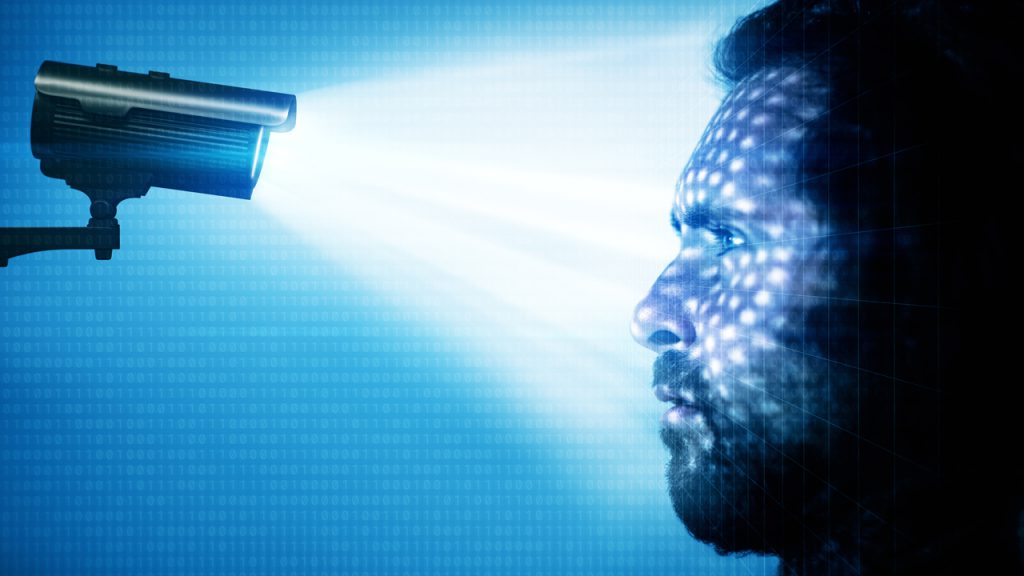Judge Sharon Johnson Coleman of the Northern District of Illinois denied facial recognition startup Clearview AI’s motion to stay pending the court’s decision on defendants’ motion to dismiss for lack of personal jurisdiction. The court granted plaintiff Mutnick’s clarified motion for reassignment.
Clearview AI asked the court to “temporarily stay this action until the Court decides their motions to dismiss based on personal jurisdiction, or in the alternative, transfer [to] the Southern District of New York.” The court responded that while Clearview’s request may appear straightforward, they have two pending cases in the Southern District of New York, where Chief Justice Colleen McMahon noted, “[i]t is not at all clear to me that these cases belong in this court. They arise under an Illinois statute, the Illinois’ Biometric Information Privacy Act (BIPA) …While it is possible that some members of the putative class no longer reside in Illinois, it is beyond cavil that the Illinois statute applies only to Illinois residents and that the vast majority of class members presently reside in that state.” Afterward, Chief Judge McMahon “set an expedited briefing schedule concerning plaintiff Mutnick’s later-filed motion to intervene and to dismiss, stay, or transfer to the Northern District of Illinois.”
The Northern District of Illinois notes that “[u]nder the circumstances, staying this action while the Court examines the jurisdictional and transfer issues will not save judicial resources, especially when weighed against plaintiff’s need for injunctive relief and any prejudice resulting from a delay.” As a result, the court held the “most prudent course of action is to closely monitor Chief Judge McMahon’s related cases in the Southern District of New York while working on the pending motions in the present cases before this court”; this information can be used to inform the court’s decision. The court adds that because the cases in New York may be transferred to the Northern District of Illinois, Clearview AI’s request to consolidate is premature.
Clearview AI was accused of scraping more than 3 billion facial images from the internet, including from social media sites; they allegedly scanned the images’ biometrics and mapped the Using this information, they created a database for these images, allowing users, including law enforcement and government agencies to identify people. The plaintiffs in this and other lawsuits claimed Clearview AI violated the Illinois Biometric Information Privacy Act (BIPA) and Mutnick filed for a preliminary injunction.
Recently, Clearview AI announced it would cancel all non-government accounts in light of the abundance of litigation the company is facing.
